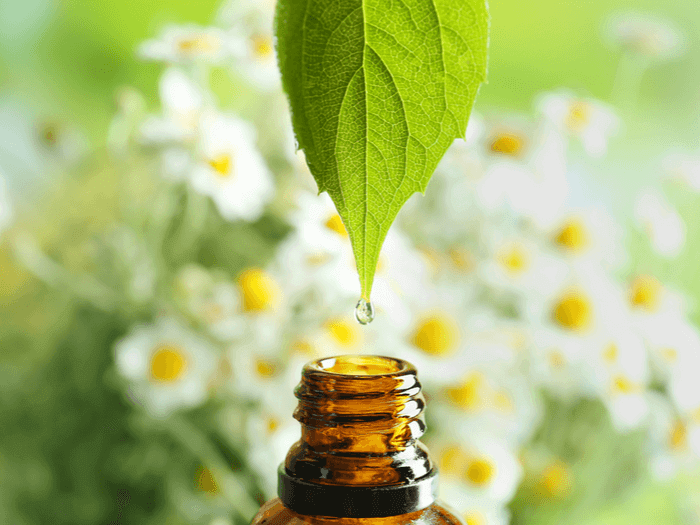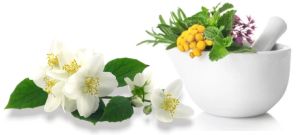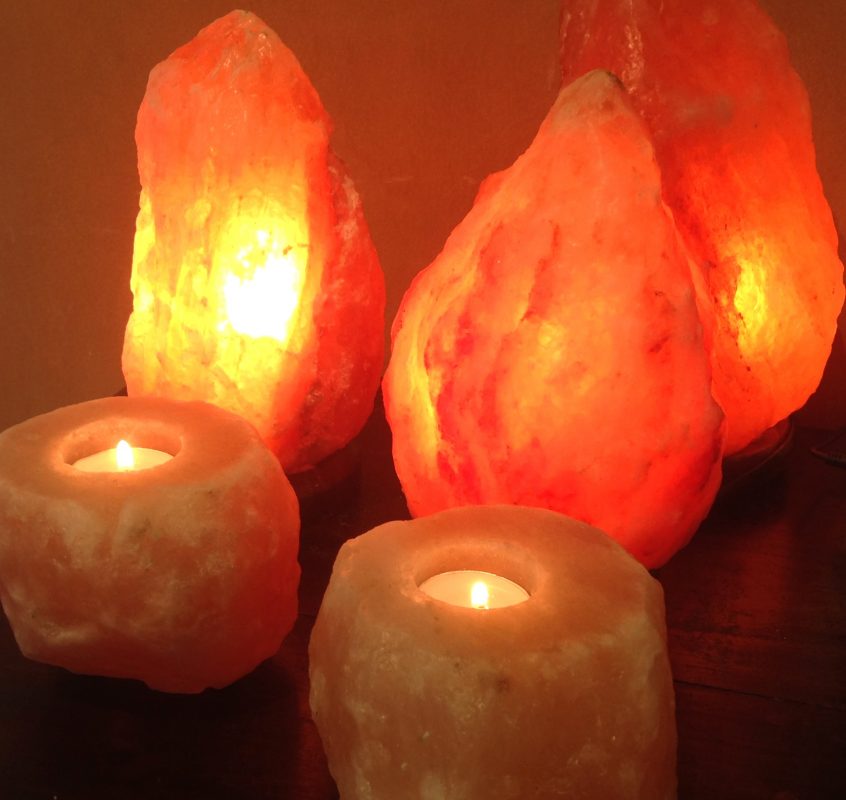
Do not apply undiluted essential oils directly to your skin, because they are too concentrated and may lead to a burn.
Essential oils are absorbed through the skin, so using too much can result in an overdose.
Make sure you store essential oils out of the reach of children.
Do not get essential oils in your eyes, nose, or ears. Wash your hands thoroughly after using essential oils. If working with pure essential oils, you may want to get disposable latex gloves (or latex-free alternatives) from the drug store.
Do not take essential oils internally. Even small amounts can be toxic and potentially fatal if ingested.
Before going out in the sun or to a tanning booth, avoid essential oils that increase your sensitivity to the sun, such as citrus oils (e.g. bergamot oil, grapefruit oil).
Do a patch test if you have allergies or think you might be sensitive to an essential oil. Test aromatherapy products (such as lotions or creams) by applying a small dab to your arm. For pure essential oils, add one drop in 2.5 mL (or 1/2 teaspoon) of vegetable oil and apply it to your arm. If the area turns red, or if there is burning or itchiness, wash the area and do not use that product.
Overuse of essential oils can trigger a headache or dizziness. Don’t exceed recommended amounts. If you’re working with essential oils (e.g. making your own lotions, candles, or bath salts) make sure you’re working in a well ventilated area or take breaks to go outside.
If you have a medical condition, consult a qualified practitioner before using essential oils. Certain essential oils should not be used by people with certain conditions.
People with liver or kidney disease should only use essential oils under the guidance of a qualified practitioner. Once absorbed in the bloodstream, essential oils are eventually cleared from your body by the liver and kidneys–using essential oils excessively may injure these organs.
Consult a qualified practitioner if you are using any medication, because essential oils may interact with certain medications. For example, relaxing essential oils such as chamomile, lavender, and melissa (lemon balm) may heighten the effect of sleeping pills or sedatives.








